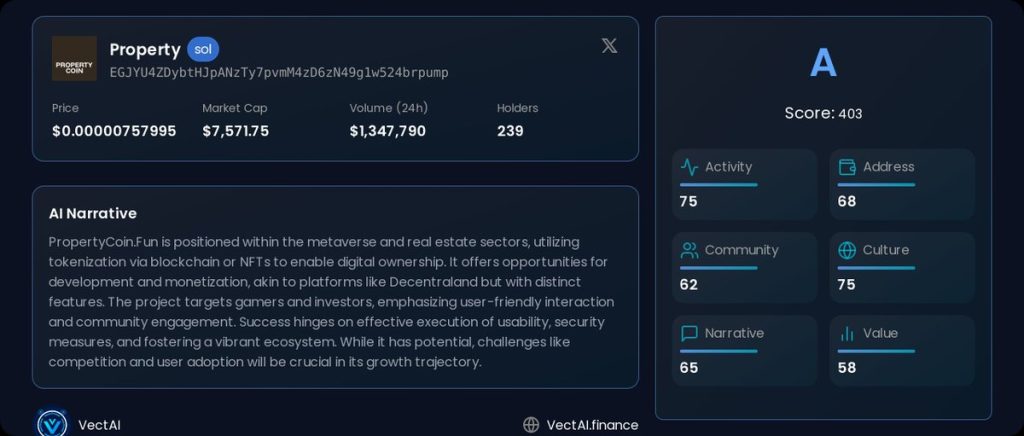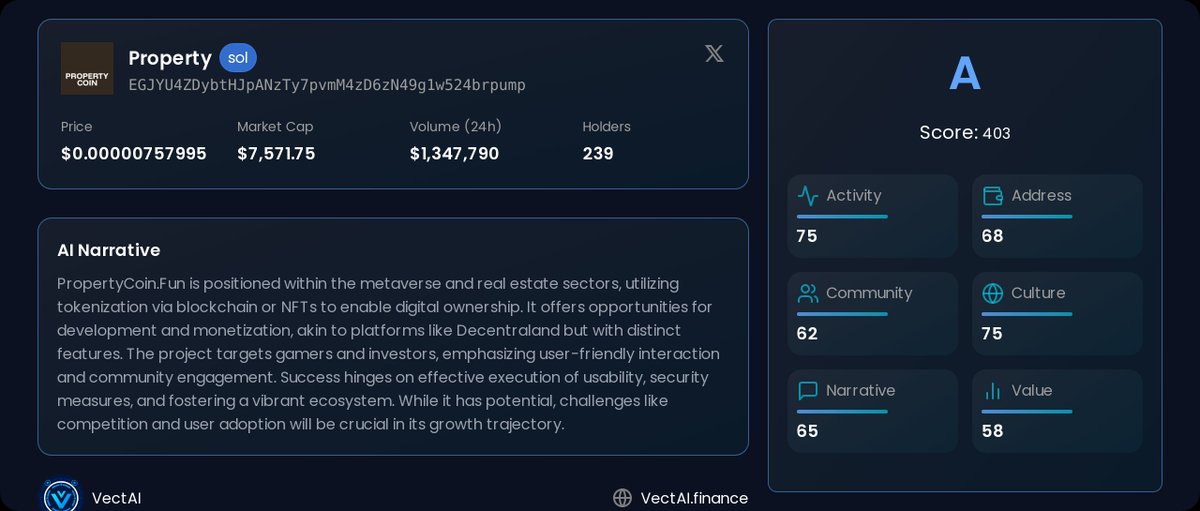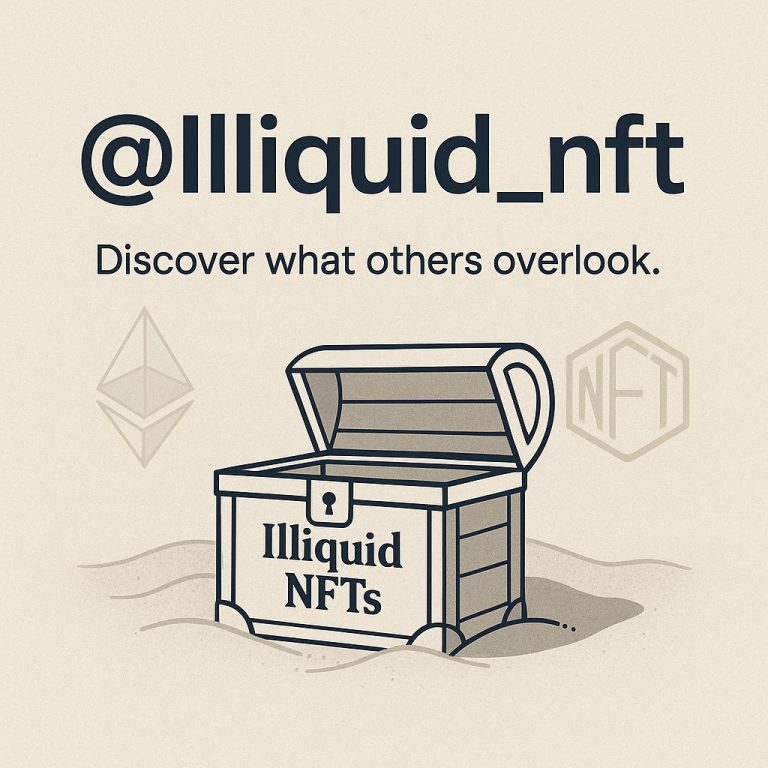
Decoding the Future: Tokenized Real Estate, AI, and Blockchain
The Dawn of a New Investment Paradigm
Imagine standing in the heart of New York City, not as a tourist, but as a fractional owner of the skyline. This isn’t a scene from a sci-fi movie—it’s the tangible future of real estate investment, made possible by the convergence of tokenization, artificial intelligence (AI), and blockchain technology. These innovations are dismantling traditional barriers, making property investment more accessible, transparent, and efficient than ever before.
Tokenized Real Estate: Breaking Down Barriers
Democratizing Property Ownership
Traditional real estate investment has long been the domain of the affluent, with high entry costs, complex legal processes, and illiquid assets. Tokenization is changing this landscape by converting physical properties into digital tokens on a blockchain. These tokens represent fractional ownership, allowing investors to buy and sell portions of properties with ease [4, 6].
– Lower Entry Thresholds: Instead of requiring hundreds of thousands of dollars, investors can now purchase a fraction of a property for a fraction of the cost. This democratizes access to high-value assets that were previously out of reach for most individuals.
– Enhanced Liquidity: Unlike traditional real estate, which can take months or even years to sell, tokenized assets can be traded on digital exchanges, providing investors with greater flexibility and liquidity [6].
– Transparency and Security: Blockchain technology ensures that all transactions are recorded on an immutable ledger, reducing the risk of fraud and increasing trust in the system.
The Role of AI in Real Estate Investment
AI is revolutionizing the way investors analyze and manage real estate assets. By leveraging machine learning algorithms, AI can process vast amounts of data to provide actionable insights.
– Predictive Analytics: AI can analyze market trends, economic indicators, and property data to predict future price movements and identify lucrative investment opportunities. Platforms like Token Metrics are already using AI to provide data-driven insights for crypto investments, a model that can be adapted for tokenized real estate [3].
– Automated Valuation: AI-powered tools can automate property valuation, providing accurate and up-to-date assessments based on various factors. This reduces the need for costly appraisals and streamlines the investment process.
– Risk Management: AI can assess the risk associated with different tokenized real estate investments, helping investors make informed decisions and manage their portfolios effectively.
Blockchain: The Backbone of Tokenized Real Estate
Blockchain technology provides the foundation for tokenized real estate, offering a secure, transparent, and efficient platform for managing ownership and transactions.
– Immutable Records: Blockchain creates an unalterable record of all transactions, ensuring that ownership is easily verifiable and cannot be tampered with. This reduces the risk of fraud and disputes.
– Smart Contracts: Smart contracts automate many of the processes involved in real estate transactions, such as rent collection, distribution of profits, and transfer of ownership. This streamlines operations and reduces administrative costs.
– Decentralization: Blockchain’s decentralized nature eliminates the need for intermediaries, such as banks and title companies, reducing transaction costs and increasing efficiency [6].
Challenges and Opportunities
While the convergence of tokenized real estate, AI, and blockchain holds immense promise, several challenges need to be addressed for widespread adoption.
– Regulatory Uncertainty: The regulatory landscape for tokenized real estate is still evolving, and there is a need for clear and consistent regulations to provide legal certainty and protect investors.
– Market Volatility: The value of tokenized real estate can be volatile, influenced by factors such as market sentiment and regulatory changes. Investors need to be aware of these risks and invest accordingly.
– Technological Adoption: Widespread adoption of tokenized real estate requires greater awareness and understanding of the underlying technology. Education and outreach are essential to encourage participation.
Despite these challenges, the opportunities presented by tokenized real estate, AI, and blockchain are vast. As the technology matures and regulatory frameworks become clearer, we can expect to see greater adoption of tokenized real estate, transforming the way we invest in and own property.
The ROI Calculator: A Glimpse into the Future
Tools like the Tokenized Real Estate ROI Calculator exemplify the practical applications of these technologies. Such calculators allow investors to analyze potential returns, rental yields, and overall profitability of blockchain-based real estate investments [1]. These tools empower individuals to make data-driven decisions, further democratizing the real estate investment landscape.
A New Era of Property Ownership
The fusion of tokenized real estate, AI, and blockchain is ushering in a new era of property ownership. By lowering barriers to entry, increasing liquidity, and enhancing transparency, these technologies are democratizing real estate investment and empowering individuals to participate in a market that was once reserved for the wealthy elite. As these technologies continue to evolve, we can expect to see even greater innovation and disruption in the real estate industry. The future of property ownership is here, and it’s tokenized, intelligent, and decentralized.
Sources:








